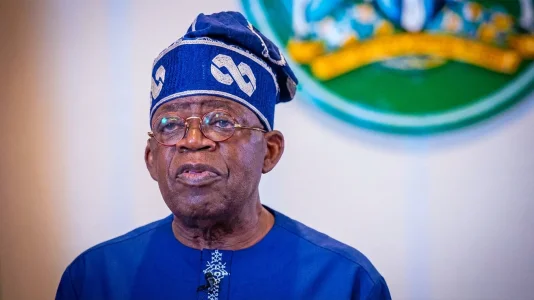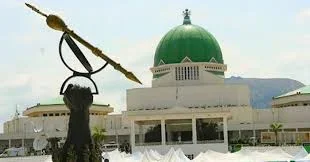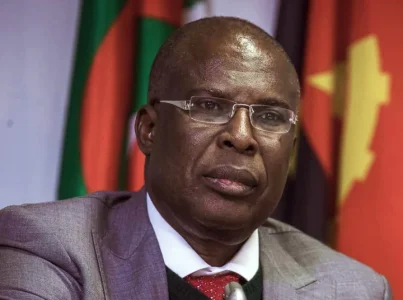
The Labour Party criticizes the APC for removing Senator Ndume as Senate Chief Whip, calling it an attack on free speech. They warn of a slide towards dictatorship amid economic challenges. This political clash highlights growing tensions in Nigeria's democracy and raises questions about legislative independence.
Nigeria's political landscape has been rocked by controversy following the removal of Senator Ali Ndume from his position as Senate Chief Whip. The Labour Party (LP) has seized this opportunity to criticize the ruling All Progressives Congress (APC), accusing them of stifling dissent within their ranks.
Obiora Ifoh, the LP's National Publicity Secretary, condemned Ndume's removal, stating that it demonstrates how "speaking truth to power has become a punishable offense in Nigeria." The party argues that Ndume's only crime was expressing concern over the country's escalating cost of living and food scarcity.
The LP drew parallels with the recent suspension of Senator Abdul Ningi, who was punished after exposing alleged budget padding. These incidents, according to the opposition party, point to a worrying trend of suppressing voices critical of the government.
The controversy has ignited a debate about the state of Nigeria's democracy. The LP accuses the APC of undermining legislative autonomy by dictating leadership choices in the Senate, an independent branch of government. They warn that the country is "gradually descending into dictatorship."



